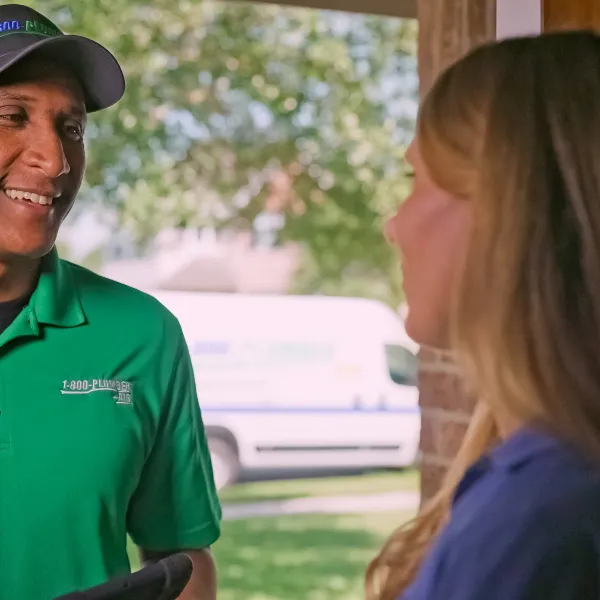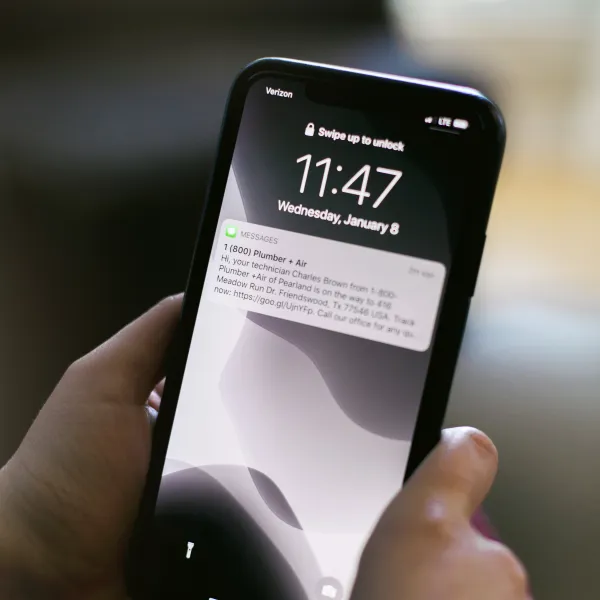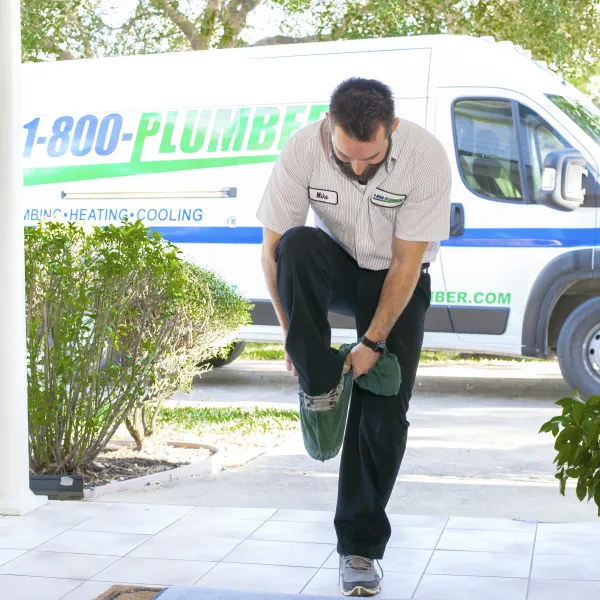
Your Trusted
PROFESSIONALS
1-800-PLUMBER® + Air is an industry leading Plumbing and HVAC company that is focused on one thing, YOU! Your having the BEST experience with 1-800-Plumber +Air is our highest priority. We know that you depend on your plumbing and HVAC systems to function properly and when they don't, life can become a real headache.
At 1-800-PLUMBER® + Air, we are here to meet all of your plumbing and HVAC needs! Call us today to schedule an appointment with one of our licensed technicians so your home can quickly get back to normal. Calling us is easy, OUR NAME IS OUR NUMBER!
Ready to
GET IT FIXED?
Contact Us now!

24/7
Availability

No surprise
costs at the end of a job

On-Time
Committed to on-time arrivals






